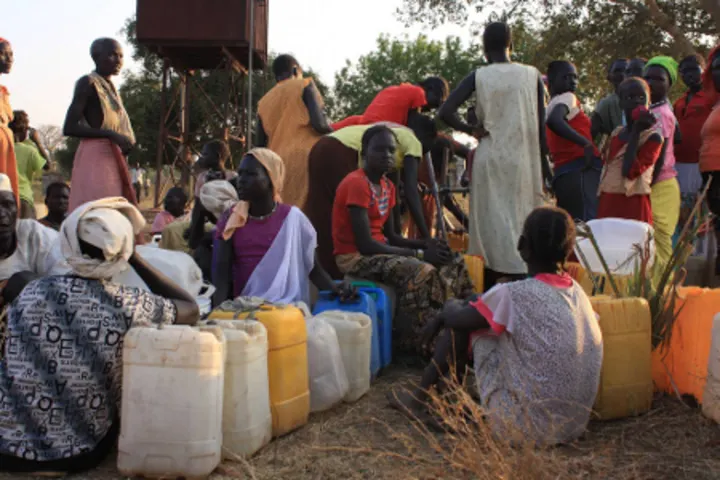
The latest projection for the economy of Sub-Saharan Africa(SSA) is cointained in the latest edition of Africa’s Pulse’s. The twice-yearly economic update for SSA indicated that Nigeria and others will continue to lag behind the recovery in advanced economies and emerging markets, reflecting subdued investment in SSA.
The analysis in the Africa’s Pulse, stated that SSA is set to emerge from the 2020 recession sparked by the COVID-19 pandemic with growth expected to expand by 3.3 percent in 2021, just one percent higher than the April 2021 forecast.
This rebound, it added is currently fueled by elevated commodity prices, a relaxation of stringent pandemic measures, and recovery in global trade, but remains vulnerable given the low rates of vaccination on the continent, protracted economic damage, and a slow pace of recovery.
Chief Economist for Africa at the World Bank, Albert Zeufack, said “Fair and broad access to effective and safe COVID 19 vaccines is key to saving lives and strengthening Africa’s economic recovery.
“Faster vaccine deployment would accelerate the region’s growth to 5.1 percent in 2022 and 5.4 percent in 2023 – as more containment measures are lifted, boosting consumption and investment”.
The analysis shows that current speeds of economic recovery in the region are varied, with the three largest economies, Angola, Nigeria, and South Africa, expected to grow by 0.4 percent, 2.4 percent, 4.6 percent respectively.
The report further stated that “excluding South Africa and Nigeria, the rest of SSA is rebounding faster at a growth rate of 3.6 percent in 2021, with non-resource-rich countries like Côte d’Ivoire and Kenya expected to recover strongly at 6.2 and 5.0 per cent, respectively”.
A positive trend, according to the report authors, is that African countries have seized the opportunity of the crisis to foster structural and macroeconomic reforms.
Several countries have embarked on difficult but necessary structural reforms, such as the unification of exchange rates in Sudan, fuel subsidy reform in Nigeria, and the opening of the telecommunications sector to the private sector in Ethiopia.













